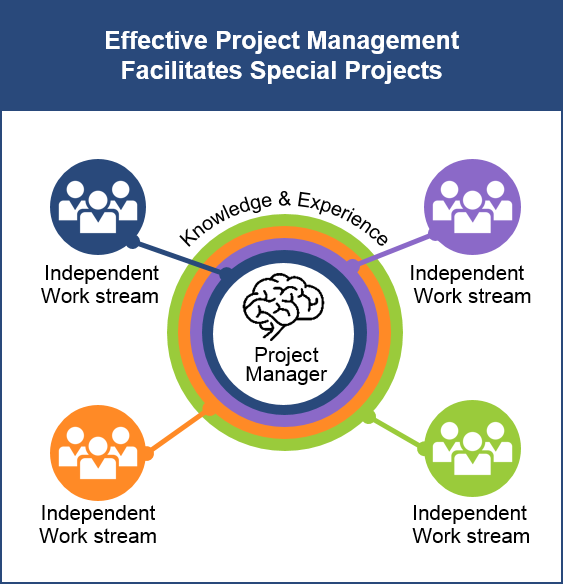Today’s globalized economy requires companies to commit in a whole new way to innovation. Digital solutions continue to merge with all aspects of manufacturing and sales, and the connectivity of nearly everything is causing an unprecedented and powerful disruption to what we used to think of “business as usual.” To remain competitive, enterprises must act fast—even changing business models if they have to. Known for its mail-order business not long ago, Netflix quickly became a streaming provider to avoid the fate of Blockbuster and keep up with Amazon. And, for the first time ever, AT&T and Tesla have begun to unveil connected vehicles at technology events rather than at well-known vehicle shows.

To stay in front of market trends, company leaders are increasingly forced to take risks that may appear to be cannibalizing their own revenue. It’s clear that the way to keep up with consumer demands involves digital technologies—and the digital environment presents many fresh opportunities—but new ideas demand testing, and it can be risky to staff up or go to the trouble of creating a budget to test a proof of concept with every new idea. Leaders must pursue innovative collaboration without disrupting ongoing operations, which means doing more with limited resources.
Most often today, the C-suite assigns a consortium of leaders within a company to develop and launch a new idea without establishing an official business unit or assigning a staff, a project manager or a methodology. Companies assemble makeshift teams using resources from different business units, each with its own maturity level and communication tools. Teams often lack an identified process for working together, and these ad hoc projects often have great difficulty getting off the ground.
This ISG white paper explores how the pragmatic and solution-based approach of a technical Project Manager (PM) can greatly enhance the odds of success for a proof of concept in the digital era.
About the authorAmy is a Senior Consultant within the Governance and Managed Services work stream, leading mid- and large-scale projects in the automotive industry. Specific projects include data governance, enterprise platform re-designs, customer data survivorship solutions, CRM support and dealer data integration. Having spent 15 years of her career in the digital space, Amy has a deep knowledge of the digital solutions and enterprise software as it relates to marketing operations and development. She is highly skilled in project management and IT software and tools such as JIRA, TFS, Innotas and SharePoint. In addition to the automotive industry, Amy has also worked with companies in the pharmaceutical and hospitality industries.
